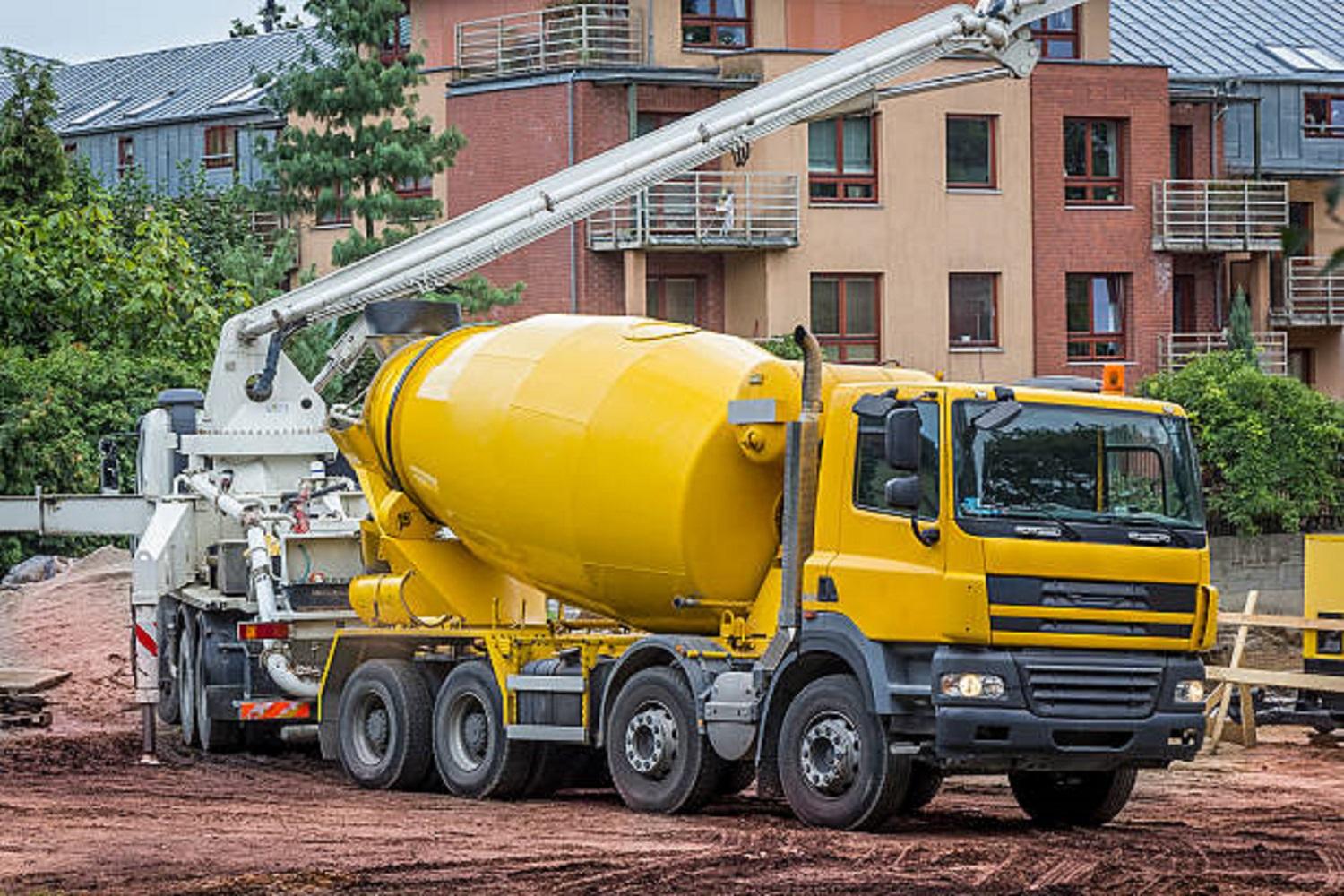
When it comes to construction projects, whether small or large, one of the most important pieces of equipment you’ll need is a concrete pump. A concrete pump allows you to move concrete efficiently from the mixer to where it is needed.
Choosing the right concrete pump for your project can save time, money, and effort. In this post, we’ll walk you through the different types of concrete pumps and help you determine which one is best suited for your needs.
What is a Concrete Pump?
A concrete pump is a machine used to transport liquid concrete from one place to another. It is particularly useful in situations where other methods, such as wheelbarrows or cranes, would be inefficient or impractical.
Concrete pumps come in a variety of designs, each suited for specific applications. Whether you’re working on a high-rise building, a foundation, or a smaller project, there is a concrete pump that can handle the job.
Types of Concrete Pumps
There are mainly three types of concrete pumps used in construction: the boom pump, the line pump, and the truck-mounted pump. Each has unique features and uses, depending on the size and complexity of your project.
1. Boom Concrete Pump
A boom pump is the most versatile type of concrete pump and is often used for large-scale construction projects. It consists of a large boom or arm that can extend to various lengths and angles.
This type of pump is mounted on a truck, allowing for easy mobility around the site. Boom pumps are ideal for projects such as high-rise buildings, large foundations, and complex construction sites where precise placement of concrete is needed.
Advantages of Boom Pumps
- Great for long-distance pumping and hard-to-reach areas.
- Can pump concrete vertically or horizontally.
- High delivery rates make them suitable for large projects.
When to Choose a Boom Pump: If you are working on a tall building or a project that requires precise and long-distance delivery of concrete, a boom pump is your best choice.
2. Line Concrete Pump
A line pump is typically used for smaller-scale projects that don’t require the versatility of a boom pump. It involves a hose or pipe system to transport the concrete from the pump to the placement area.
Line pumps are often mounted on trailers or trucks, and they are easy to set up and operate. This type of pump is best for smaller jobs like driveways, sidewalks, or foundations.
Advantages of Line Pumps
- Affordable and cost-effective for smaller projects.
- Ideal for pouring concrete in tight spaces or narrow areas.
- Flexible hoses can be easily maneuvered to various locations.
When to Choose a Line Pump: If your project involves a smaller space or a short distance for concrete delivery, a line pump will get the job done efficiently and at a lower cost.
3. Truck-Mounted Concrete Pump
As the name suggests, truck-mounted pumps are concrete pumps mounted on a truck for easy transportation. These pumps are ideal for medium to large-scale projects where mobility and versatility are required.
Truck-mounted pumps usually have a boom arm, but they are smaller and more maneuverable than the larger boom pumps. They are commonly used in projects such as parking structures, sidewalks, and residential buildings.
Advantages of Truck-Mounted Pumps
- Mobility and flexibility for a variety of project types.
- Suitable for medium-scale projects with a range of concrete delivery needs.
- Easy to transport between job sites.
When to Choose a Truck-Mounted Pump: If you need a pump that offers a balance between portability and capability, a truck-mounted pump is an excellent option for medium-sized projects.
Choosing the Right Concrete Pump for Your Project
When deciding on a concrete pump for your project, there are several factors to consider. The size of your project, the complexity of the site, and the distance the concrete needs to be transported are key elements in your decision-making process.
- For large projects that involve a lot of vertical and horizontal pumping, such as skyscrapers or large foundations, a boom concrete pump is usually the best choice.
- For smaller projects that require pumping concrete over short distances, such as residential foundations or small driveways, a line concrete pump may be sufficient.
- For medium-sized projects like parking lots or smaller buildings, a truck-mounted pump can offer the right balance of mobility and pumping capacity.
Conclusion
Choosing the right concrete pump for your construction project is crucial to ensure efficiency, reduce costs, and improve the overall flow of work. Whether you opt for a boom pump, a line pump, or a truck-mounted pump, make sure to consider the specifics of your project, including its size and scope.
The right equipment will not only make your job easier but also ensure the success of your project from start to finish.
